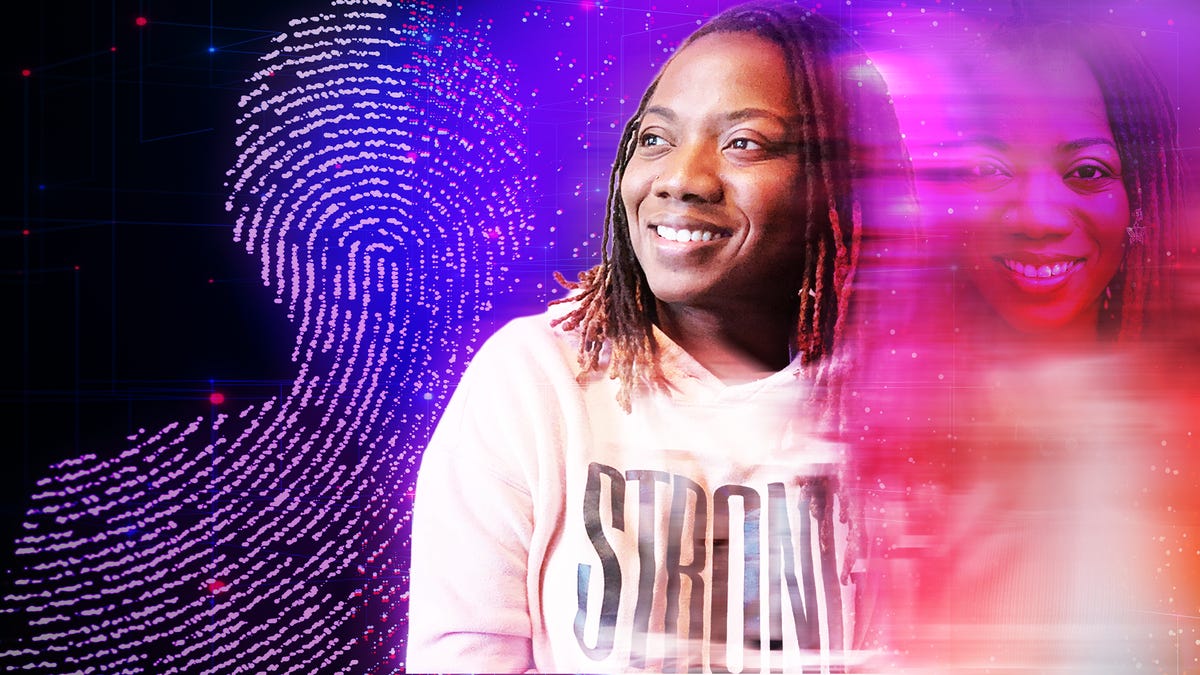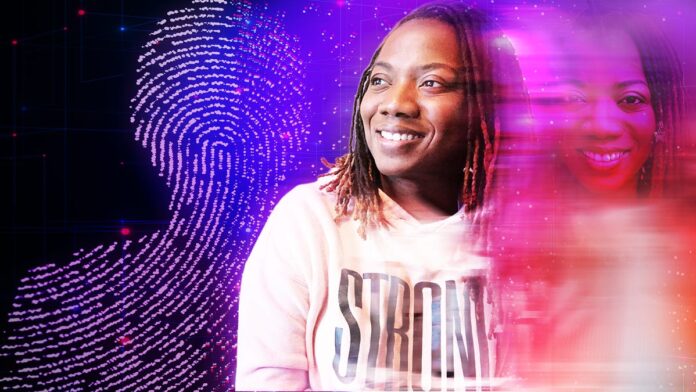
I didn’t grow up learning about money, but my mission was to change that after suffering identity theft.
Like plenty of teenagers, I planned to move out the moment I turned 18. I was determined to pay my own rent and live by my own rules.
But when I applied for my first apartment, I was hit with an unexpected hurdle: I needed to put down a larger deposit because of my low credit score. I hadn’t even opened my first credit card yet, but somehow my score was in the 400s. While there isn’t a set starting credit score, 400 is low for an 18 year old.
Suddenly, I remembered the times my mom would use my name for different bills that she could no longer put in her own name. At the time, I didn’t understand what that meant.
But as an adult, I realized my mom stole my identity and ruined my credit. It’s painful, but it’s real. Just because the person who used your identity is family doesn’t make the impact any less serious.
Today, my credit score is above 800, and I’m an accredited financial counselor and a certified financial therapist. Take it from me: Even if your identity is stolen and your credit is tarnished, you can rebuild it.
Whether you’ve experienced something similar to me or just want to be prepared, I hope my story serves as proof that recovery is possible and that you have more options than you think. Here’s how I reestablished my identity and got my credit back on track.
How I found out my credit was wrecked
When I applied for my first apartment right after high school, I was shocked to find out I needed to put down a larger deposit than I planned for — the equivalent of $600 in 2025.
There was no way I could afford that, and my plans blew up on the spot. I was denied my chance of finally stepping into adulthood and getting the fresh start I desperately needed.
Defeated, I went home and researched how to pull my credit report. It turns out I had past-due balances on cable, cellphone and utility accounts that I didn’t even know existed. The hardest part was coming to terms with the fact that my mom was the one responsible for all of it.
The signs had been there, but as a kid, I didn’t know what to look for. I knew she had used my name to set up some bills. I wish I had known sooner how important it is to monitor your credit — even as a minor. I wish I knew that a parent, even one with good intentions, could cause serious financial harm without realizing it.
Growing up, we didn’t talk much about credit or finances unless it was about what we didn’t have. But, like so many people, I didn’t truly learn about credit until it became a problem.
How I took control of my credit
After reality set in, I was faced with a painful choice: I could file a police report against my own mother, or find a way to move forward without involving the law.
I didn’t go to the police. I couldn’t bring myself to report my mom. I know some people would, and I don’t blame them, but that wasn’t a step I was emotionally ready to take.
At 18, I didn’t have a lot of guidance, but I had determination. I started taking control of my credit by printing out my credit reports and calling the numbers listed for each account I didn’t recognize. I explained to each creditor that the accounts were opened when I was still a minor and that they didn’t belong to me.
I documented everything by keeping notes of who I spoke to, what was said and what paperwork I sent, including copies of my ID and dispute letters.
With some creditors, it was straightforward to remove an account. But others weren’t as cooperative. Some companies didn’t care how old I was when the accounts were opened. They simply wanted their money. When that happened, I turned to the credit bureaus and submitted disputes with all three: Equifax, Experian and TransUnion. I also bit the bullet and paid off a few small balances myself, just to move on from them.
As for the balances I couldn’t resolve, I followed the advice of someone who believed in the, “it’ll drop off in seven years” approach. Looking back, that was not the best way to handle the delinquent accounts because it prolonged my end goal of fixing my credit. Instead of waiting for accounts to fall off my credit report, I should’ve been proactive by disputing inaccuracies right away and negotiating settlements or payment plans.
How I increased my credit score
Here are the key steps I took to rebuild my credit and regain control of my financial life.
I opened a secured credit card
My first step was applying for a secured credit card. I put down $200 as a deposit, which became my credit limit. It felt small at the time, but it gave me a way to start rewriting my credit story.
In the beginning, I would max out the card and pay only the minimum. However, as I continued to learn about how credit works, I realized that was hurting more than helping. You should pay off your credit card balance in full each month to avoid interest fees.
So I changed my habits. I only used the card for things I could afford and paid it off in full each month. I kept the balance low and never maxed it out again, which helped show consistent, responsible credit usage.
I set up payment reminders
I started setting reminders and making sure every payment was made on time. I also created budgets. It became a personal mission to never let my past define my financial future, even when it meant saying no to things I wanted in the moment.
I left accounts open and limited new credit
Once my credit started improving, I resisted the temptation to open more cards or loans I didn’t need. I also kept my credit usage low and my oldest accounts open to help my credit history look stronger. The more my credit aged in good standing, the more my score improved.
I kept learning
I didn’t grow up learning about money, but I made it my mission to change that. I learned a lot by reading articles, watching videos and following financial experts. Then I took it even further. I went to Georgia State University, earned my accounting degree and became an accredited financial counselor and a certified financial therapist.
Eventually I became the person my friends and community turned to for advice on credit, budgeting and rebuilding their financial lives. The more I learned, the more confident I felt and the fewer financial mistakes I made. Rebuilding my credit wasn’t quick or easy. But with time, patience and consistency, I went from a credit score in the 400s to over 800.
Consider signing up for identity theft protection if you’ve been the victim of a scam or identity theft. Aura is CNET’s pick for the best identity theft protection service.


